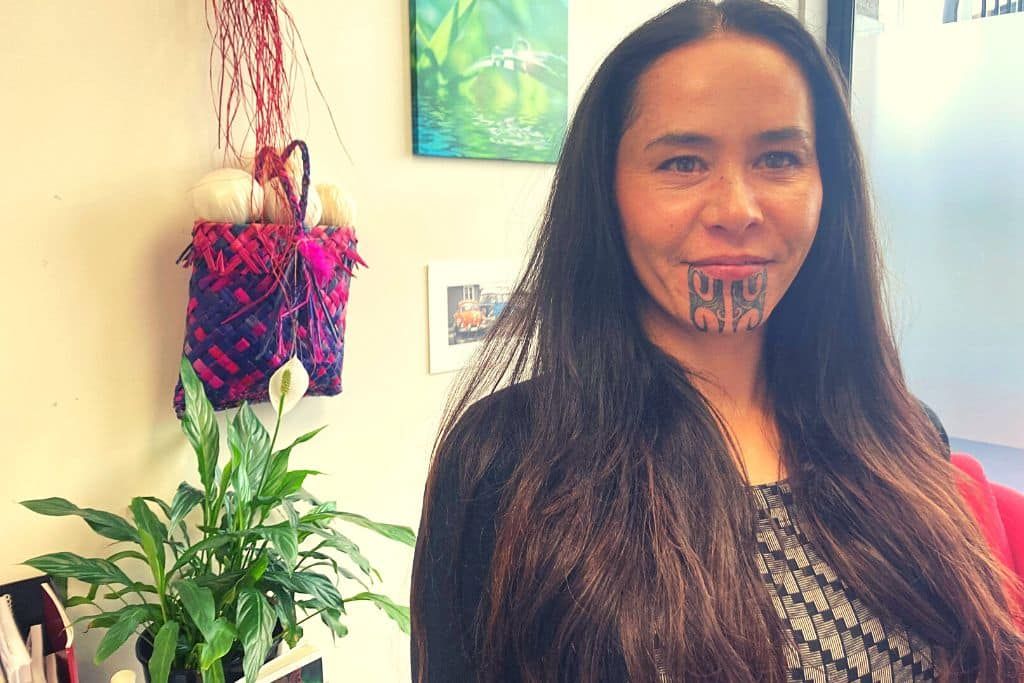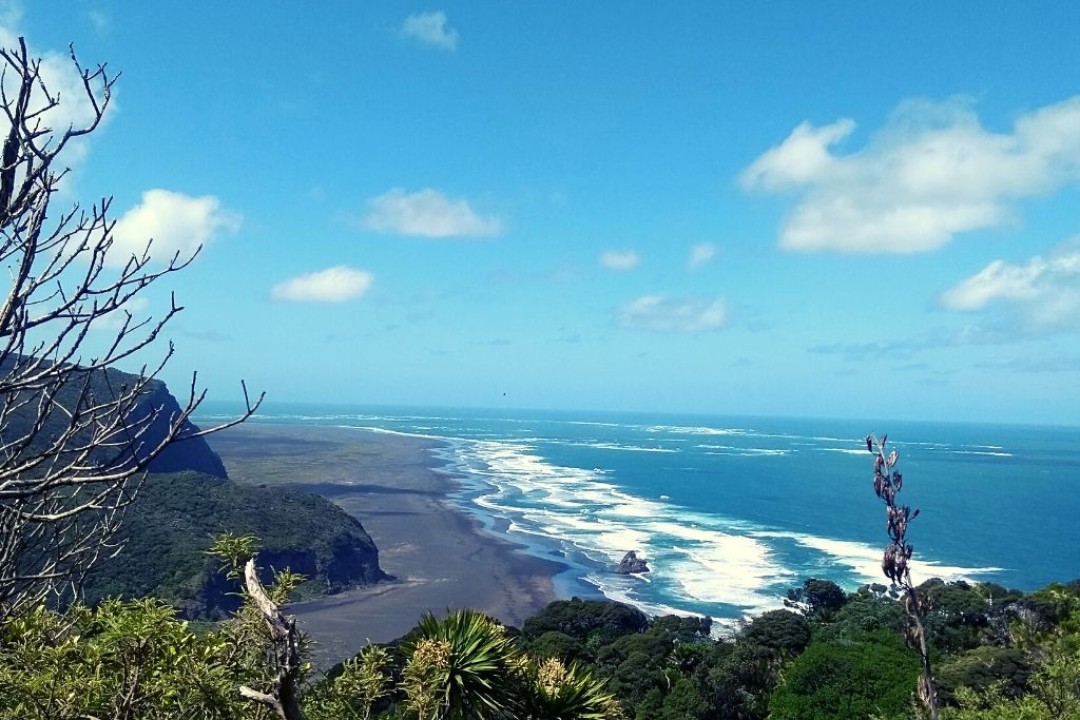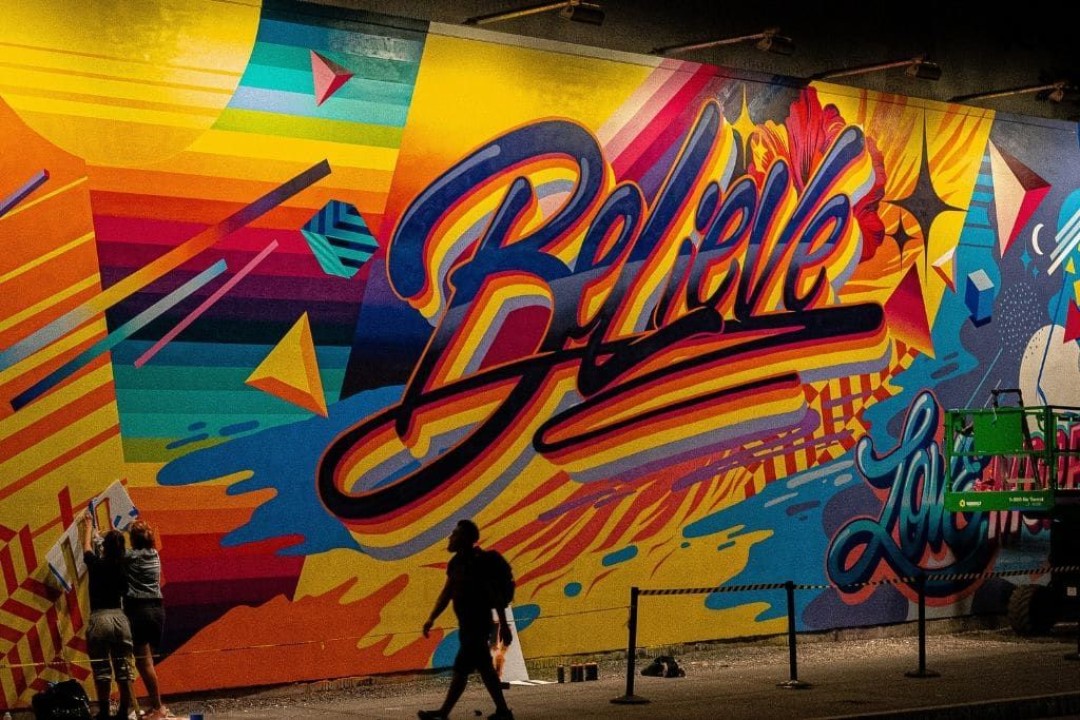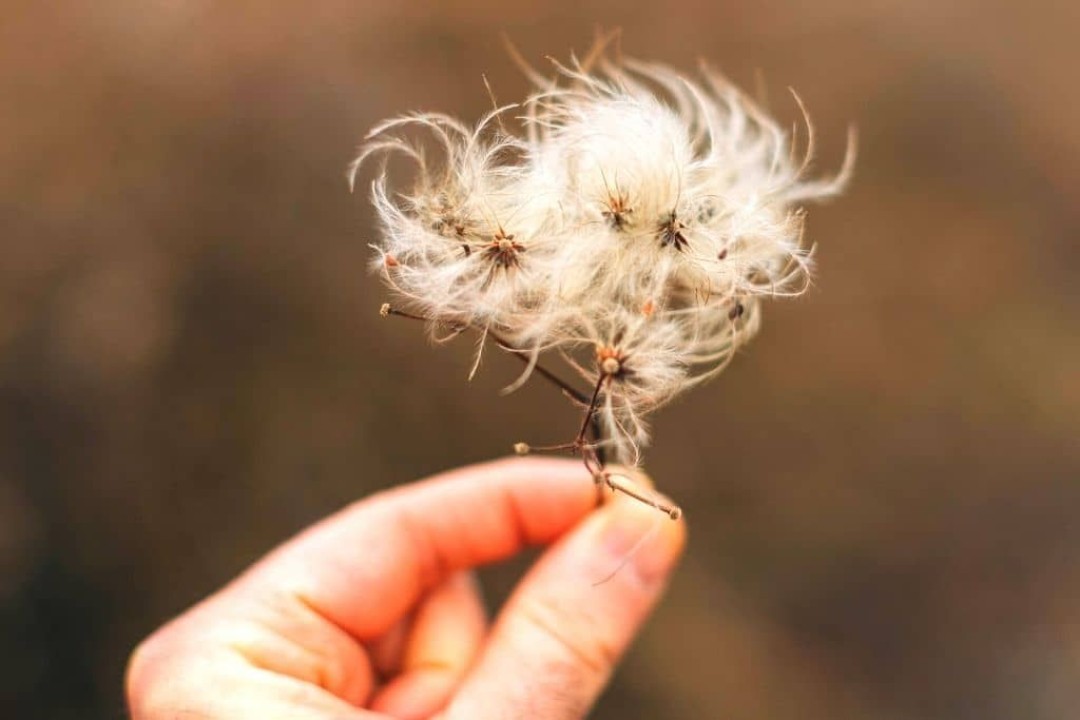Ask An Expert: Renee (Addiction Counsellor)
January 31st, 2023 Interviews

Today’s expert is Renee (Te Arawa, Ngāti Wāhiao), an addictions counsellor working at CareNZ in Wellington.
==========
Mrs D: What led you into this work? Why do you do it?
Renee: I’ve had lived experience of alcohol and drug use, 16 or more years of it. And I have experience of my family using alcohol and other drugs. Some of them still use it, some are sober.
Mrs D: After you entered recovery, at what point did you decide you want to help others?
Renee: I think it was about a year into my recovery. I had to move away from my home town where my family engaged in substance use. After about a year of being sober I thought, “What do I want to do now?” And then I had a bit of a kōrero (talk) with my cousin and he said, “You know where you would be well suited?” I said, “Where?” and he said, “You’d be really well suited in the addictions field.” At that moment a lightbulb went off. So I went to a training institute, and I did 3 years of study, maintained my sobriety, and then landed a job here at CareNZ.
Mrs D: In a general sense, what sort of approach do you feel you take with clients?
Renee: I come from a place of “Aki Aki Te Ti o Te Tangata” which means “to nurture the indescribable light”. I focus on working from the heart and being focused purely on the person in front of me, on their soul. I connect in with each individual person – who they are, where they come from, where they currently are at.
Mrs D: Do you have any particular tools or models that you use to help people?
Renee: I work with my clients to navigate their way around the four pou (walls) of Te Whare Tapa Whā. This is a Māori model of health and wellness, a hollistic model that looks at wellness as a whare (house) that is held up by four equally important pou. The first is Taha Hinengaro which is mental wellbeing, our mind and our thoughts. Then there’s Taha Whānau which is family health, our social connections. Taha Wairua is spiritual health, knowing what’s important to us and knowing right from wrong. And Taha Tinana which is our phyiscal health. When we engage with substances we don’t just get affected in one area, it’s all four pou that are affected.
Mrs D: How might that look like in a client?
Renee: For some of our clients it might be that they have racing or constant negative thoughts, or they are mentally unstable. The physical things are whatever comes with alcoholism or drug taking, plus their medical conditions on top of that. Disconnection from family can be happening. And spirituality – sometimes we disconnect from all things important to us.
Mrs D: I think discussing spirituality, the wairua discussion, can be really powerful for people who are trying to get sober.
Renee: Yes, definiately. In Te Ao Māori (Māori culture) wairuatanga (spiritual health) is really important for us. It’s about re-engaging and looking at the things that are important to us. It could mean indulging in kapa haka (performing arts), Pūrākau (stories from our ancestors) – knowledge that needs to be passed on from generation to generation. When we drink and use substances we start forgetting about those things, and that’s what I mean when I said before about forgetting about all the things that are important to us and knowing what is right and wrong. It’s about our values. You know what your values are but you’re doing something the opposite to what your value actually is.
Mrs D: And that’s the terrible disconnect that happens when you’re drinking all the time, you move away from the core of who you are and what you value.
Renee: That’s exactly it.
Mrs D: Before you came into recovery were you connected in with all of this valuable stuff that you are now bringing into your work helping others?
Renee: I used to always be connected, but when I was using alcohol and other drugs I disconnected from everything. I disconnected from family – my Taha Whānau – which was really important to me and always has been important. I disconnected from the likes of kapa haka which I absolutely love, I disconnected from whānau hui (meetings), christmas events.. all of that. It wasn’t until I got into recovery that I realised I hadn’t visited my whenua (homeland) for so many years. I neglected it, and in doing so I neglected myself because doing all of those things are important to me and to my family.
Mrs D: And when you started reconnecting to it, how powerful was that for your recovery?
Renee: It was so powerful. When I got sober the first thing I did when I was about a month sober, I went straight to my awa (river) and I dove into it. I dove into it for the first time in years and I felt everything that I had been holding onto just flowed through me and out into the water. That gave me such a huge sense of healing. Back at my marae I took my shoes off and stood on the whenua (land), on the grass, and was actually present there for the first time in years. That was a really important part of my healing.
Mrs D: With your work now as an addiction counsellor helping others, do you think that Te Ao Māori (the Māori worldview), and tools like Te Whare Tapa Whā and others are beneficial to clients across the cultural spectrum?
Renee: Yes. I think it’s important and powerful for everyone because it’s hollistic and looks at the person as a whole. If you look at Te Whare Tapa Whā and all four of the pou, if one is out of alignment then it’s going to be unstable. Nothing will be holding strong. You always have to look at all four pou individually and work on strengthening them, because while they identified separately, they are all connected. They all need to play their part in making everything balanced and stable.
Mrs D: Is there anything else you’d like to add about your work?
Renee: I’d like to say that in this work I stand in my dominion of mana (spiritual power) and enter my clients’ tapu (sacred space) with reverence. In this context, to me “tapu” means my clients’ sacred stories, their confidential information, their truth. And “my domain of mana” means I stand with my tupuna (ancestors) behind me, helping me to guide each counselling session. This is where I draw my strength, ensuring that all things done in the counselling space is done with good intentions and is safe for all. I hope that all my clients get all the aroha (love) that they can. I hope they can reconnect with all the things that are important to them, have the social networks that they need. And I hope that they can have healing and recovery.
Continue reading
My sober pandemic: Nicky
“I’ve always hidden how I feel but my coping strategies were alcohol and self harm and I quit both.” ======= ======= Nicky: At the beginning of lockdown, the company I contract to assured me there would be plenty of work that I could do from home while I looked after the kids.
May 10, 2020
My Sober Skin
I think a big part of the reason I’ve never picked up a drink since I made the decision to stop doing that is that from Day One I put on my Sober Skin and left it there.
May 23, 2022


